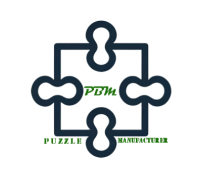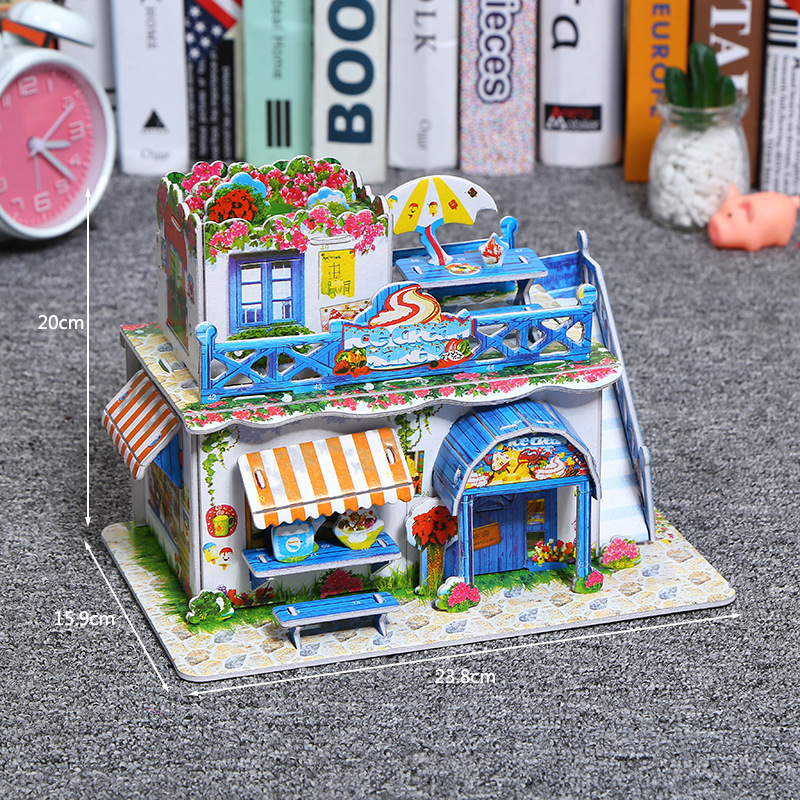There are many benefits of puzzles for children. Here are some of them:
- Cognitive development: Puzzles can help children develop their problem-solving and critical thinking skills. As they work on a puzzle, they learn to analyze and categorize information, and develop their spatial awareness.
- Fine motor skills: Manipulating puzzle pieces can help children develop their fine motor skills, including hand-eye coordination and dexterity. This can be particularly beneficial for younger children who are still developing these skills.
- Patience and persistence: Completing a puzzle requires patience and persistence. As children work on a puzzle, they learn to keep trying even when things get challenging. This can help them develop a growth mindset and the ability to persevere through difficult tasks.
- Memory skills: Puzzles can also help children develop their memory skills, as they need to remember the shape and color of different puzzle pieces in order to complete the puzzle.
- Emotional regulation: Puzzles can also be a calming and meditative activity for children, helping them to regulate their emotions and manage stress.
Overall, puzzles can be a fun and educational activity for children, helping them to develop a range of skills that will be beneficial throughout their lives.



